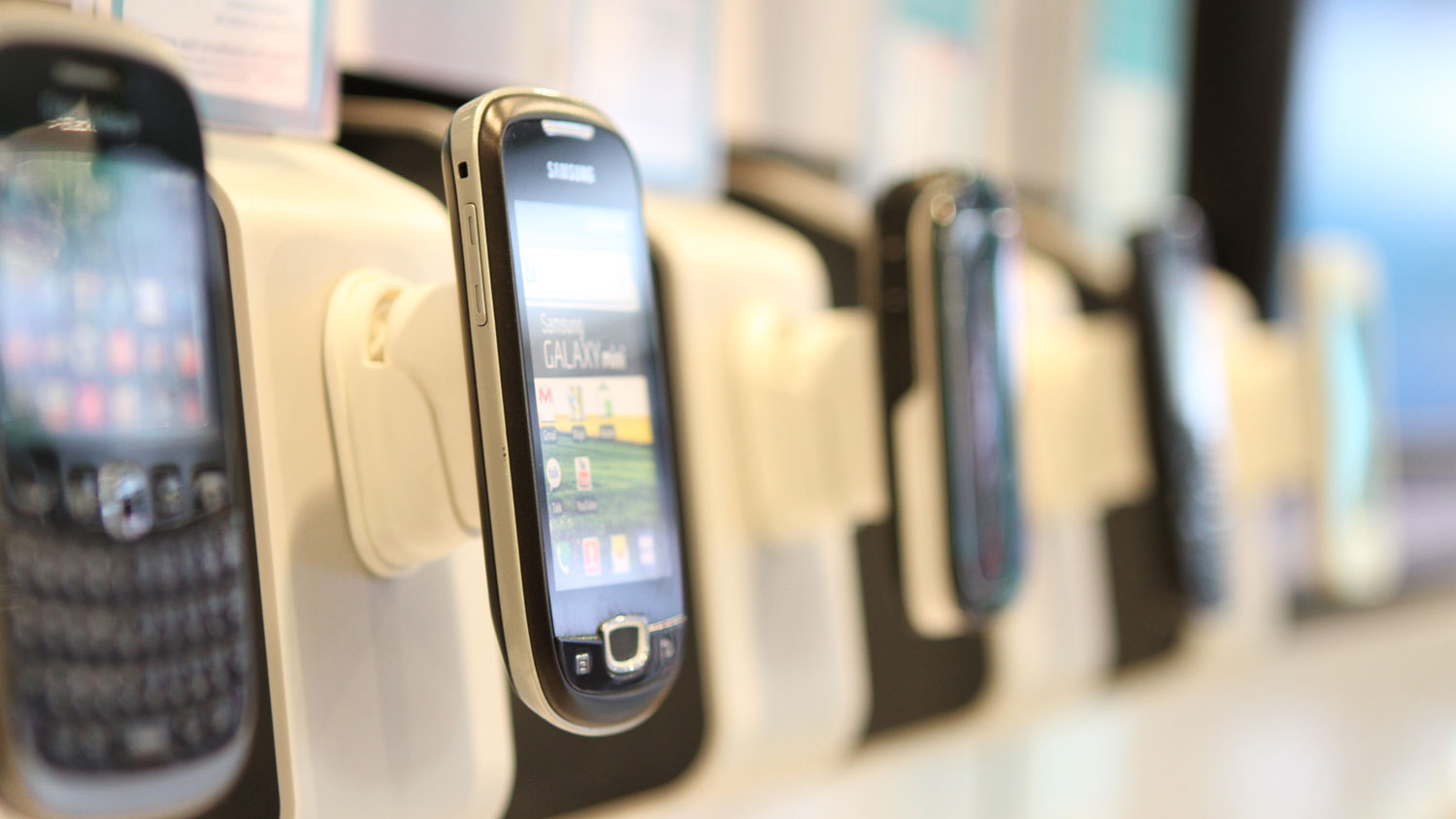Phone unlocking bill moves in Congress, draws consumer advocates' ire
It's 'the wrong tool for the job'

A bill to legalize cell phone unlocking for individual use is on its way to the US Senate for consideration, but consumer advocacy groups who originally backed it aren't happy.
The bill would partially repeal a law that went into effect in 2013 that made it illegal to unlock your own phone for use on a different carrier under the Digital Millennium Copyright Act's anti-circumvention provision.
It started out more broad, but the bill - the "Unlocking Consumer Choice and Wireless Competition Act" - lost support from numerous consumer advocates and advocacy groups when a provision was added that would prohibit unlocking phones for the purpose of bulk resale.
The provision, added by Virgina Republican Bob Goodlatte, caused consumer advocates like Public Knowledge, iFixit and Sina Khanifar. who began the petition that caused the White House to act on phone unlocking in the first place. to withdraw their support.
Somebody think of the businesses
The US House of Representatives passed the bill 295-114. Republicans supported it almost unanimously, while Democrats were split exactly down the middle.
It allows individuals to unlock their cell phones for personal use or to seek help from or hire others to do the same.
But it would do nothing to help parties that unlock phones in bulk for resale purposes, like certain businesses.
Sign up for breaking news, reviews, opinion, top tech deals, and more.
The Electronic Frontier Foundation (EFF) called the bill "the wrong tool for the job," saying it "creates new problems:"
"Bulk unlockers acquire phones from a variety of sources, unlock them, and then resell them," the EFF wrote.
"By expressly excluding them, this new legislation sends two dangerous signals: (1) that Congress is OK with using copyright as an excuse to inhibit certain business models, even if the business isn't actually infringing anyone's copyright; and (2) that Congress still doesn't understand the collateral damage Section 1201 [of the DMCA] is causing.
"For example, bulk unlocking not only benefits consumers, it's good for the environment - unlocking allows re-use, and that means less electronic waste."
The organization prefers another bill, the "Unlocking Technology Act."
Via Ars Technica
Michael Rougeau is a former freelance news writer for TechRadar. Studying at Goldsmiths, University of London, and Northeastern University, Michael has bylines at Kotaku, 1UP, G4, Complex Magazine, Digital Trends, GamesRadar, GameSpot, IFC, Animal New York, @Gamer, Inside the Magic, Comic Book Resources, Zap2It, TabTimes, GameZone, Cheat Code Central, Gameshark, Gameranx, The Industry, Debonair Mag, Kombo, and others.
Micheal also spent time as the Games Editor for Playboy.com, and was the managing editor at GameSpot before becoming an Animal Care Manager for Wags and Walks.
